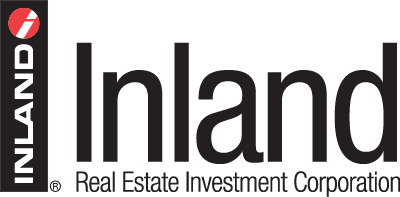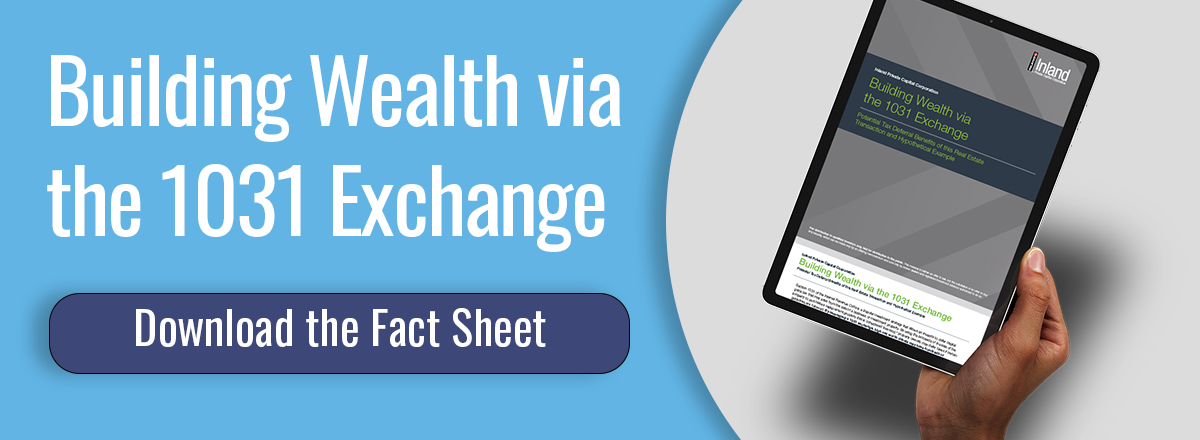As interest in Delaware Statutory Trusts (DSTs) increases among 1031 exchangers, so does interest among sponsors eager to participate in this growing private real estate sector. At the end of 2021, there were more than 40 active participating DST sponsors,1 creating plenty of choices for investors and, unfortunately, increased due diligence work for investment advisors.
To streamline the process of evaluating a DST sponsor, you need to know which questions to ask. This discussion highlights the characteristics you should be most interested in and the questions that will help you properly evaluate a sponsor.
Industry Expertise
- How long has the sponsor been in business?
- How much real estate experience does the management team have?
- How familiar is the sponsor with acquiring and managing real estate investments?
- Is the management team knowledgeable in the property types offered through the DST and the markets where the properties are located?
- Is the sponsor knowledgeable about the DST investment process and willing to offer guidance and support?
Size and Financial Strength
- How large is the sponsor company?
- How frequently, if at all, does the sponsor perform cash audits on their DST properties?
- What price, terms, and financing can the sponsor negotiate on acquisitions?
- Can the sponsor deploy its own capital to purchase properties, providing surety of close?
Track Record
- What is the overall number of real estate programs and total equity offered by the sponsor since inception?
- How many DST offerings has the sponsor launched and completed over time?
- How many properties were previously and are currently offered?
- What are total assets under management, by property type and location?
- What is the sponsor’s track record using multiple metrics, such as cash distributed from operations, cash distributed from property sales, and rates of return?
Underwriting Standards
- What are the sponsor’s underwriting processes and standards?
- Does the sponsor take a conservative or aggressive approach to underwriting?
- Does the sponsor underwrite and identify strong, creditworthy tenants?
Fees
- What kinds of fees does the sponsor charge, e.g., acquisition fees, disposition fees, asset management fees, etc.?
- How do those fees compare to other DST sponsors?
- Is the sponsor transparent about all fees?
- Are disposition fees and expenses capped?
Exit Strategy
- What is the long-term goal and intended exit strategy of the DST?
- Does the exit strategy align with the goals your clients are trying to achieve?
Third-Party Reporting
- Does the sponsor utilize and provide independent analysis on their company and properties?
- Is the sponsor willing to send you third-party performance reports and valuations?
- Does third-party reporting come from credible providers?
Investor Communications
- What are the sponsor’s communication standards?
- How well informed does the sponsor keep investors?
- What is the typical frequency of investor communications?
- Does the sponsor provide timely information for tax reporting, such as a 1099, operating statement, or substitute 1099?
By thoroughly exploring these DST sponsor characteristics, you will be well-equipped to properly assess a DST investment for your clients. In addition, you will quickly narrow the field of current sponsors to the select few that you trust. With the right sponsor, you should be confident that they will meet stated investment objectives, manage risk, and deliver the results your clients seek.
1https://irei.com/real-assets-adviser/mountain-dell-consulting/

